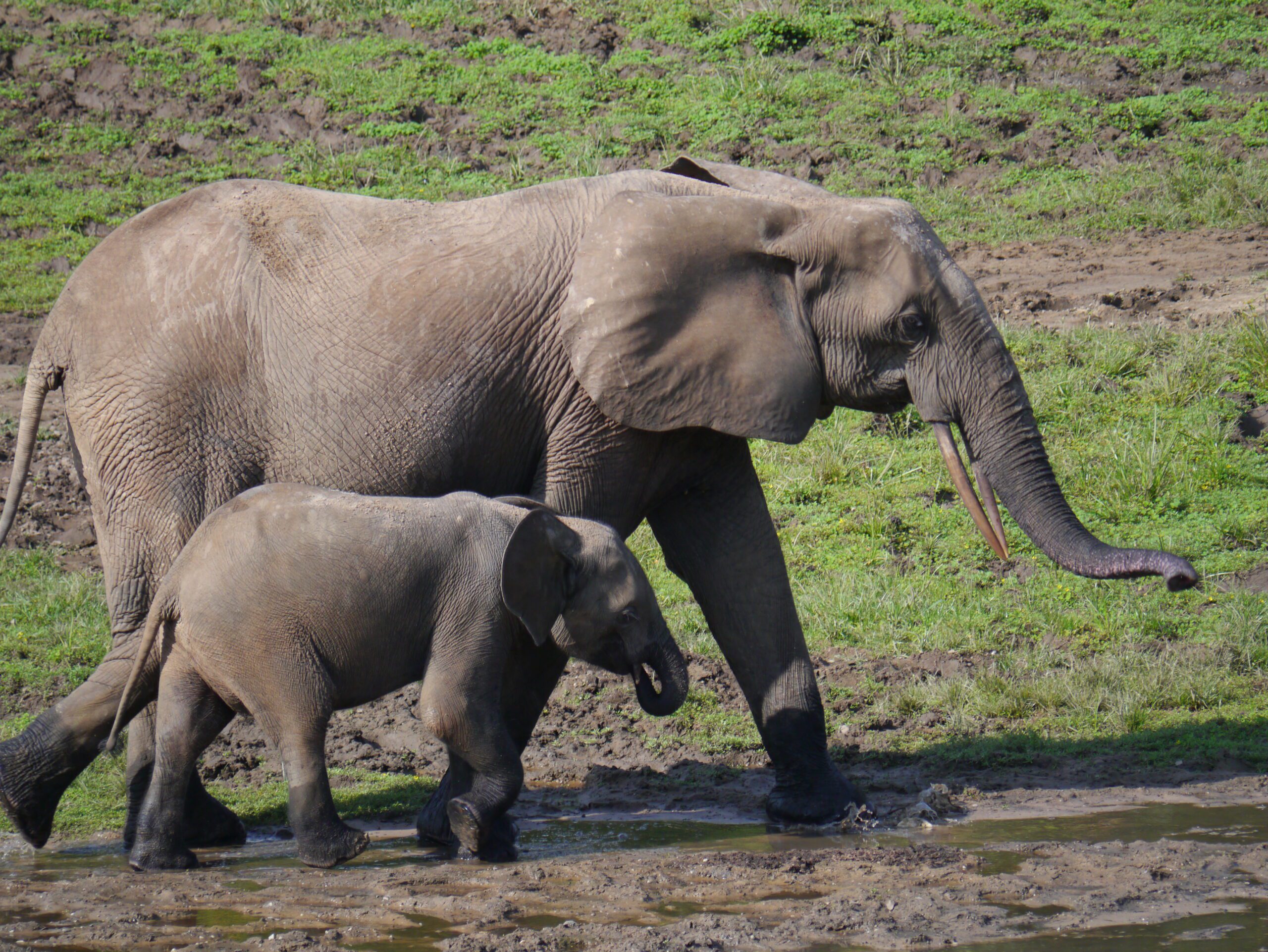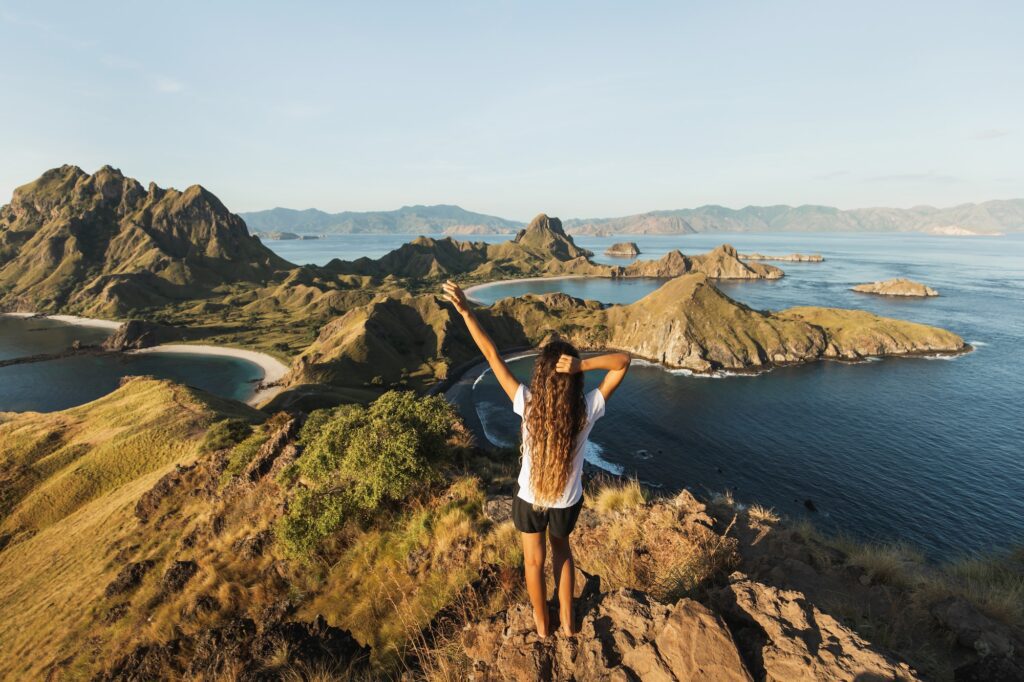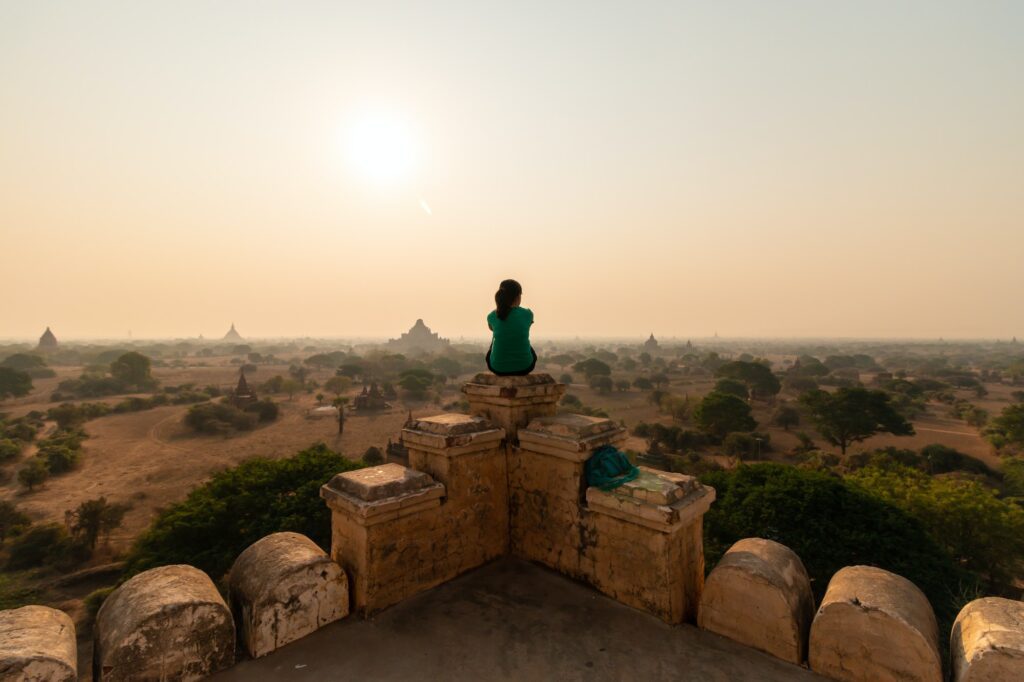
African elephant, Dzanga Sangha, Central African Republic by Daphne Carlson Bremer/USFWS, Public Domain.
Sangha Trinational: A Conservation Triumph in Central Africa
greensafariguide.com
Introduction
The Sangha Trinational is one of Central Africa’s most significant natural heritage sites, encompassing three national parks—Lobéké National Park in Cameroon, Dzanga-Ndoki National Park in the Central African Republic, and Nouabalé-Ndoki National Park in the Republic of Congo. Together, these parks form a transboundary conservation area that spans over 750,000 hectares of some of the most biodiverse and ecologically critical rainforest on the planet.
Recognized as a UNESCO World Heritage Site in 2012, Sangha Trinational is home to an array of endangered species and serves as a global model for international cooperation in wildlife conservation. It is a refuge for unique wildlife, such as forest elephants, lowland gorillas, and chimpanzees, and plays a vital role in climate regulation due to its vast carbon-storing rainforests.
Geography and Biodiversity
Location and Overview
Sangha Trinational is situated in the heart of the Congo Basin, the world’s second-largest tropical rainforest after the Amazon. It lies at the confluence of three countries—Cameroon, the Central African Republic, and the Republic of Congo—allowing for a seamless ecosystem that transcends national borders. The Congo Basin is one of the most biologically rich ecosystems, housing about 10,000 species of plants and over 400 species of mammals.
Wildlife and Endangered Species
The Sangha Trinational is celebrated for its biodiversity, particularly its large populations of forest elephants, western lowland gorillas, and chimpanzees. The region is also home to rare species like the bongo antelope, the forest buffalo, and endangered pangolins. These species thrive in the dense forests, marshes, and rivers that make up the park’s varied ecosystems.
In addition to mammals, the area boasts a rich bird population with over 300 bird species recorded, including the striking African grey parrot and the elusive picathartes. The complex mosaic of ecosystems—rivers, wetlands, and forests—provides a haven for amphibians, reptiles, and diverse plant life.
Conservation Efforts and International Cooperation
Transboundary Protection
Sangha Trinational is one of the few UNESCO World Heritage Sites that straddles multiple national borders, emphasizing the importance of cross-border cooperation for environmental protection. The governments of Cameroon, the Central African Republic, and the Republic of Congo work alongside international organizations, including the World Wide Fund for Nature (WWF) and the Wildlife Conservation Society (WCS), to preserve the region’s ecological integrity.
The area is a critical carbon sink, with its rainforests playing a significant role in the global fight against climate change. Protecting these forests ensures the continued absorption of CO2, helping mitigate the effects of global warming.
Anti-Poaching Measures
One of the greatest threats to Sangha Trinational’s wildlife is poaching, particularly targeting forest elephants for their ivory. To combat this, extensive anti-poaching patrols are in place, with rangers and local communities working together to protect endangered species. These patrols are crucial in maintaining the populations of vulnerable species and ensuring their survival for future generations.
Community Involvement
Local communities are integral to the conservation efforts in Sangha Trinational. Indigenous peoples, particularly the Ba’Aka pygmies, have lived in the Congo Basin for centuries, relying on the forest for their livelihood. Conservation initiatives aim to integrate these communities into protection efforts by respecting their traditional knowledge and ensuring that they benefit from eco-tourism and sustainable practices.
Ecological Importance
The Sangha Trinational is a global biodiversity hotspot, making it one of the most important conservation areas in the world. Its dense rainforests are home to species found nowhere else on Earth, and the preservation of these ecosystems is critical for maintaining global biodiversity.
A Carbon Sink in the Fight Against Climate Change
The forests of the Congo Basin, including those within the Sangha Trinational, act as a major carbon sink, absorbing large amounts of CO2 from the atmosphere. Protecting this region is crucial for combating climate change, as deforestation or degradation of the forest would release vast amounts of stored carbon, further contributing to global warming.
Ecosystem Services
The region provides crucial ecosystem services, including regulating water cycles, maintaining soil fertility, and supporting the livelihoods of millions of people who depend on the forest for food, medicine, and shelter. Without these vital ecosystems, both local and global environmental stability would be jeopardized.


Cultural Significance
While Sangha Trinational is primarily valued for its ecological importance, it is also a place of cultural significance. The Ba’Aka pygmies, who have lived in the Congo Basin for generations, possess deep knowledge of the forest’s plants and animals. Their sustainable use of the forest has allowed them to coexist with the ecosystem for centuries.
Conservation efforts in the region respect the traditional ecological knowledge of these indigenous peoples, who play a key role in monitoring wildlife and maintaining the forest’s health. These communities are also increasingly involved in eco-tourism initiatives, providing them with a sustainable income while allowing them to preserve their cultural heritage.
Tourism and Eco-Travel
Visiting the Sangha Trinational offers a unique opportunity for eco-conscious travelers to experience one of Africa’s most pristine wilderness areas while supporting conservation efforts. Unlike the more well-known safari destinations in East and Southern Africa, Sangha Trinational provides an off-the-beaten-path experience focused on conservation, education, and responsible travel.
Eco-Tourism Activities
- Gorilla Tracking: Visitors can embark on guided treks to observe the critically endangered western lowland gorillas in their natural habitat. This once-in-a-lifetime experience allows tourists to witness these majestic animals while contributing to their protection.
- Forest Walks with Indigenous Guides: Local Ba’Aka guides offer insights into the forest’s flora and fauna, sharing their extensive knowledge of medicinal plants, wildlife tracking, and sustainable living practices.
- Wildlife Safaris: Explore the region’s diverse wildlife, including forest elephants, chimpanzees, and bird species, on guided safaris through the parks.
Responsible Travel Tips
- Minimize Your Footprint: Practice low-impact travel by staying in eco-lodges, minimizing waste, and following all conservation guidelines.
- Support Local Communities: Choose tour operators and accommodations that prioritize community involvement and ensure that local people benefit from your visit.
- Travel with Conservation in Mind: Opt for tours that contribute directly to the protection of wildlife and the local environment.
Visiting Sangha Trinational
How to Get There
Traveling to Sangha Trinational requires careful planning, as it is located in a remote region of Central Africa. The most common access points are through the airports in Yaoundé (Cameroon), Brazzaville (Republic of Congo), or Bangui (Central African Republic). From these cities, travelers can arrange flights or overland transport to reach the respective national parks.
Accommodation Options
Eco-conscious accommodations are available in and around the parks, ranging from basic forest lodges to more comfortable eco-lodges. Many of these lodges support conservation initiatives and employ local communities, ensuring that your stay contributes to the ongoing preservation of the region.

